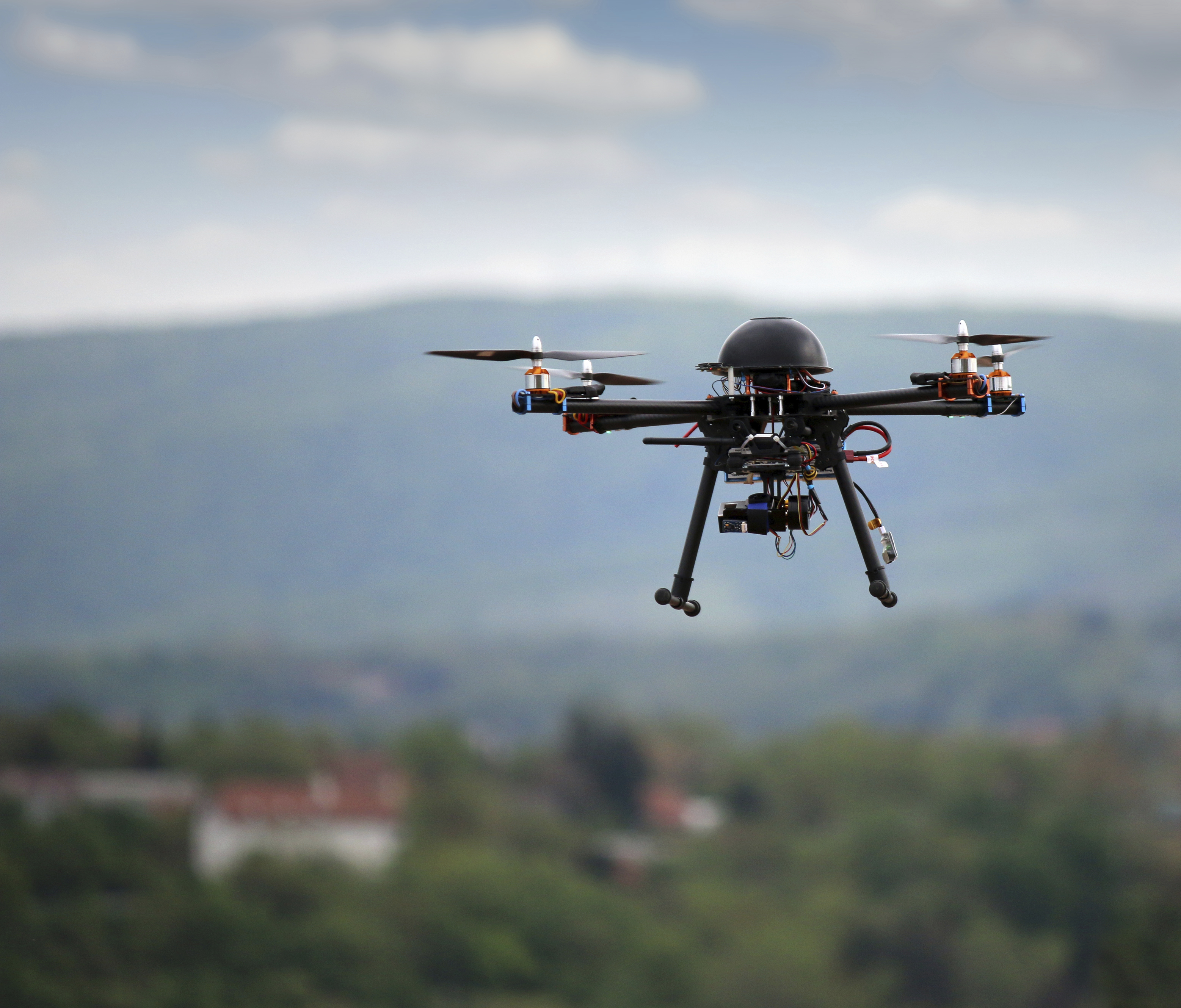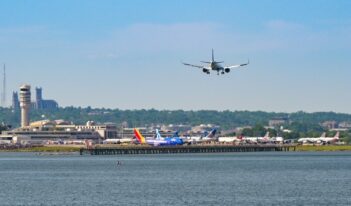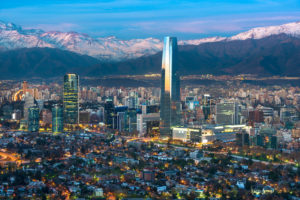
Chilean civil aviation regulator issues new rule for unmanned aircraft.
The use of drones is a reality around the world today. Not only do governments use them for war operations, but individuals and businesses are starting to use them as well. The explosive growth in commercial and recreational drone use has caused aviation regulators worldwide to face the new dangers drones can pose to the public. In Chile, the civil aviation regulator recently responded to this growing concern by updating the nation’s drone regulations.
Previous Chilean rules governing unmanned aircraft systems (commonly known as drones) only required drone operators to request a simple permit from the Chilean civil aviation regulator, the Dirección General de Aeronáutica Civil (DGAC), before they could launch a drone flight. The DGAC’s reliance on such a general, simplistic regulation led some to say that drone use was not well regulated.
In response to these criticisms, the DGAC issued a rule last April regulating the “public interest” use of drones weighing less than 13.3 pounds. Under the new rule, only drones registered with the DGAC will be allowed to fly.
The rule requires drone operators to get a license from the DGAC authorizing them to fly a drone. To obtain this license, operators must be at least 18 years old and pass an operator’s test. Licenses will be valid for 24 months, at which point operators must pass the required test again.
Drones operators also will need a permit from the DGAC allowing them to undertake specific drone flights. Operators must submit to the DGAC the drone’s registry card, the operator’s credentials, and proof of an insurance policy in order to obtain the permit. Once the DGAC receives the necessary information, it can issue a permit allowing the operator to fly the drone, but restrict its operation to only the date, time, and geographic area covered by the permit.
The rule also prohibits operators from using their drones in a manner that would endanger people’s lives or health, or would violate others’ privacy. Drone flights will be banned within a two-kilometer range from any airport, and flights are permitted only during daylight and within the operator’s visual range. Additionally, operators cannot fly their drones over other restricted air spaces, higher than 30 meters above the ground, or over areas where fires are being fought.
To facilitate registration, the rule requires drone owners to submit an ownership certificate, their personal information, and the drone’s technical information, such as the drone’s manufacturer, make, serial number, and weight. Once the DGAC approves the registration, it will issue a registry card containing some of the owner’s personal data and some of the drone’s technical information.
The rule is temporary, remaining in force only until the DGAC issues a new regulation after the International Civil Aviation Organization or the Regional Safety Oversight System, or both, publishes the technical requirements for drone operations, which should happen in 2018.
The rule does not contain a definition of what constitutes a flight in “public interest affairs.” But its preamble indicates that “public interest affairs” might include events of public emergency, such as natural disasters. In any case, the rule specifies that the DGAC will determine what constitutes a flight undertaken in the “public interest.”
For the use of drones not subject to the rule—that is, those drones weighing more than 13.3 pounds or not in public interest use—the rule still requires drone operators to get a permit from the DGAC, which the agency will decide whether to grant on a case-by-case basis.
The rule applies only to individual, civilian drone use, not to military or commercial uses of drones. The DGAC does not have jurisdiction over the military use of drones or over their private use in private places. The rule does not contain any specific provisions about the commercial use of drones, which remains subject to the previous case-by-case DGAC authorization. As far as future commercial use is concerned, the current DGAC Director General Maximiliano Larraechea has commented that the use of drones for commercial purposes will not be authorized.



